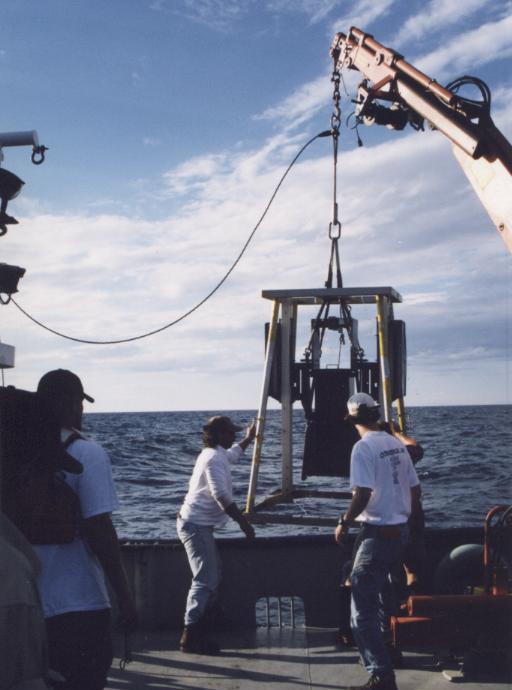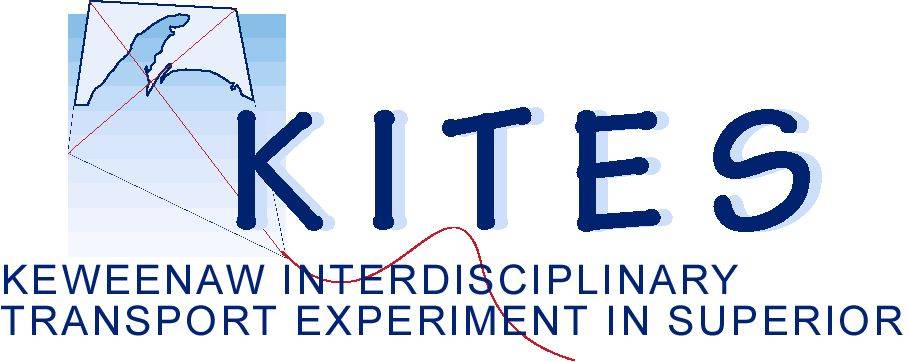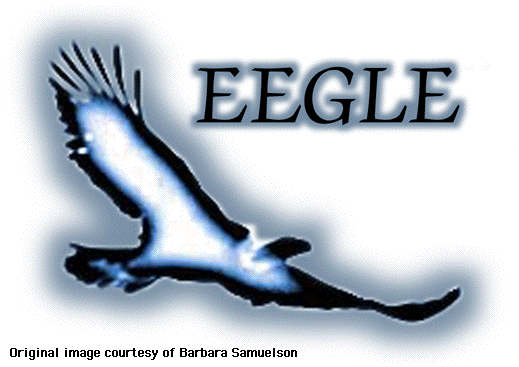


PLANKTON
Our laboratory carries out active research on zooplankton ecology and
evolutionary biology. Studies focus on zooplankton behavior, life
cycles, evolution and ecological relationships. Recent projects funded
by NSF/NOAA Coastal Oceans Cooperative Program, NSF Biocomplexity
Program, NOAA National Undersea Research Program, NOAA Sea Grant
Program, and EPA. Work has been done in Great Lakes (Lake Superior,
Lake Michigan) and in small, inland lakes (Sparkling Lake, NSF LTER
site; Portage Lake, MI).
PALEOECOLOGY
In the laboratory, we are developing experimental approaches to
paleoecology. These procedures involve removing
resting stages from sediment cores for laboratory genetic studies and
evaluation of ecological characteristics (competitive ability,
preditor-prey interaction). In addition, we use sediment cores to
determine the long-term development of regional planktonic communities.
ECOSYSTEM STUDIES
In the field we conduct experimental chamber studies to examine
coupling between ground water and lakes, checking seepage, delivery of
limiting nutrients and impacts of stoichiometry on benthic and
planktonic organisms. In the KITES projects, we examine metapopulation
dynamics of coastal zooplankton. We also study the transport and fate
of copper/mercury delivered by mining activities to Lake Superior.
 Keweenaw Interdisciplinary Transport Experiment in Superior
Keweenaw Interdisciplinary Transport Experiment in Superior
KITES is a five year program developed to investigate the Keweenaw
current in Lake Superior. A portion of this project involves how the
Keweenaw current transports individuals and resting eggs around the
lake, creating a "coastal corridor". Details include genetic
characterization of resting egg "seed banks", hatching of eggs,
cloning, sequencing, and testing how ancestral individuals differ from
present-day populations.
 Episodic Events- Great Lakes
Experiment
Episodic Events- Great Lakes
Experiment
The EEGLE project addresses the impact of Episodic Events on the
transport of biological, chemical and geological materials in the Great
Lakes. We examine sediment transport and how different zooplankton
populations develop in nearshore and offshore water. In addition, we
investigate how episodic events (large storms) purge seed banks and
maintain genetic diversity.